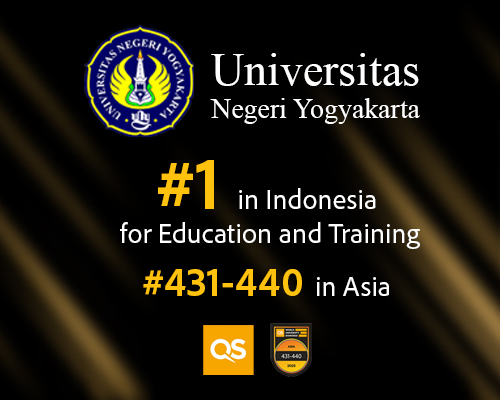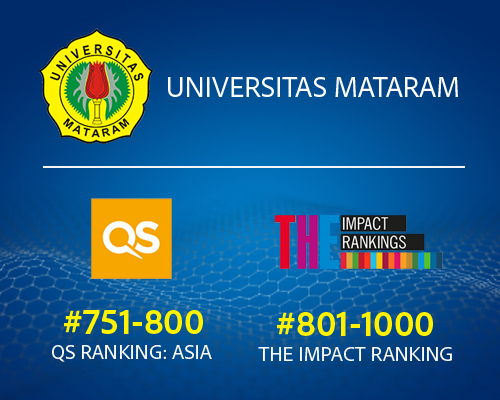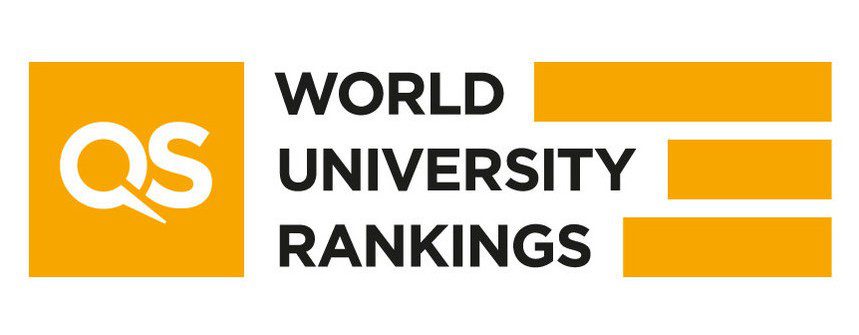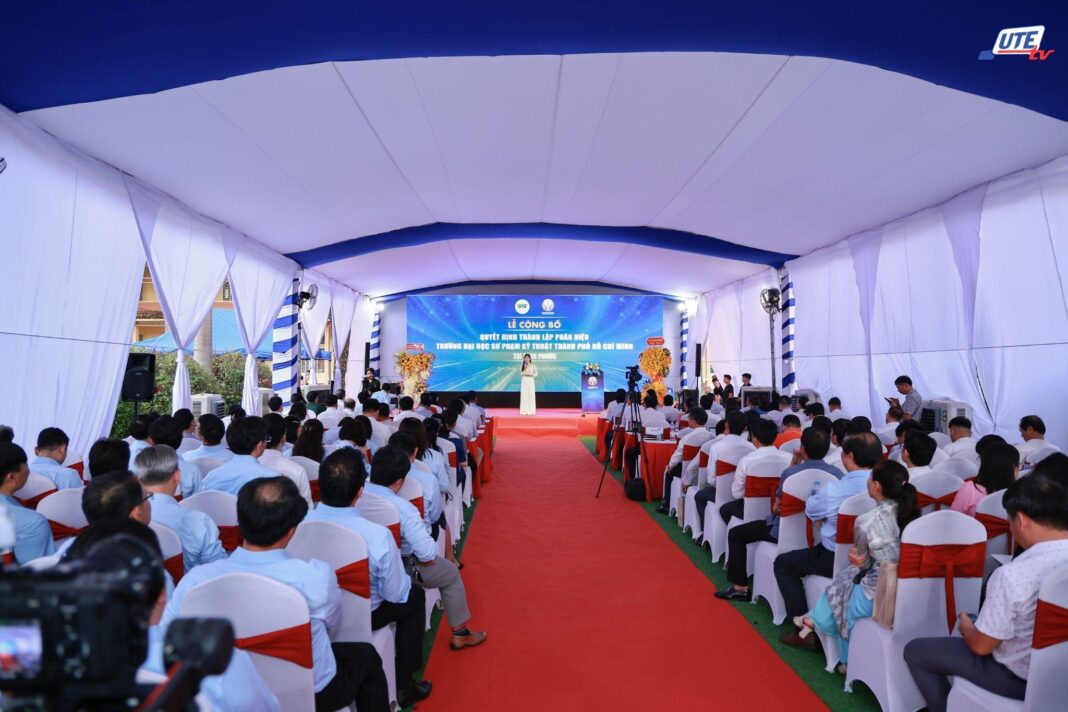Have you ever wondered what it takes for Philippine universities to compete on the world stage? The latest academic rankings reveal a fascinating story of progress, with two institutions breaking new ground while the country’s educational elite continue their global ascent.
Adamson and Mapúa Make Historic Debut in 2026 QS World University Rankings
Six Philippine universities have secured spots in the prestigious Quacquarelli-Symonds (QS) World University Rankings 2026, marking a significant milestone as two more educational institutions made their global debut. This achievement expands the country’s academic footprint internationally and demonstrates the growing recognition of Philippine higher education.
Fresh Faces on the Global Academic Stage
Adamson University and Mapúa University entered the global rankings for the first time, representing a breakthrough moment for Philippine academia. Meanwhile, Adamson landed impressively in the 1,001–1,200 bracket while Mapúa secured its position in the 1,401+ category—joining the ranks of leading institutions worldwide.
“This remarkable achievement reflects our unwavering commitment to quality education, global standards, and Vincentian excellence—ensuring accessible, transformative learning for all,” Adamson University stated in celebrating this historic milestone. “Together, let’s continue to strive with purpose, serve with heart, and soar even higher as we shine brighter on the world stage.”
Similarly, Mapúa University hailed the recognition as validation of their academic excellence. As a result, the university emphasized how this milestone represents “a powerful testament to our unwavering commitment to global excellence in education.”
The Big Four Universities Maintain Their Leadership
While new entrants made headlines, the country’s “Big Four” universities continued to dominate the national standings in the 2026 QS World University Rankings. However, their individual performances showed varying trajectories.
University of the Philippines Holds Top Spot Despite Decline
The University of the Philippines remained the country’s highest-ranked institution, placing 362nd globally. Nevertheless, this represents a slip from its previous 336th position, highlighting the intensifying global competition among universities.
Ateneo Shows Upward Momentum
Notably, Ateneo de Manila University recorded the only upward movement among Philippine schools, rising to 511th from 516th worldwide. “This latest performance in the QS World Rankings is a testament to the dedication and excellence of the entire Ateneo community,” said Ateneo president Fr. Roberto Yap, SJ.
For example, Fr. Yap emphasized that this achievement “affirms that Ateneo can stand alongside the world’s leading institutions—not just in academic reputation, but in making a meaningful impact through teaching, research, and service.”
Mixed Results for DLSU and UST
De La Salle University placed third among Philippine schools at 654th, experiencing a slight drop from its previous placement in the 641–650 bracket. In contrast, the University of Santo Tomas held firm in the 851–900 bracket, maintaining its status as the fourth highest-ranked Philippine university while posting an improved overall score of 19.9 with gains across all ten QS performance indicators.
Understanding the QS Rankings Framework
The QS World University Rankings employs a comprehensive methodology to assess institutions globally. The evaluation encompasses academic reputation, employer reputation, faculty-student ratio, and research impact measured through citations per faculty. Additionally, the rankings consider internationalization through faculty and student diversity, with newer metrics now incorporating sustainability and institutional impact.
These diverse criteria ensure that universities are evaluated holistically, reflecting both traditional academic excellence and modern educational values. As a result, institutions must excel across multiple dimensions to achieve global recognition.
A Milestone for Philippine Higher Education
The debut of Adamson and Mapúa in the 2026 QS World University Rankings represents more than individual institutional success—it signals the broader evolution of Philippine higher education. Furthermore, with six universities now represented globally, the Philippines continues strengthening its position as a regional education hub.
This achievement underscores how Philippine institutions are increasingly meeting international standards while maintaining their unique cultural identity and educational philosophies. Whether through the Big Four’s sustained excellence or the breakthrough success of newer entrants, Philippine universities are proving they belong among the world’s academic leaders—and this is just the beginning of their global journey.






